IS ONBOARDING ESSENTIAL?

YOU'VE JUST HIRED a young lady or man to fill the position that your company had open for several months. She starts on Monday and you are getting thingsorganized and prepared for her arrival. You have a new employee orientation scheduled where she will learn about her position and the responsibilities that come with it. You’ll also be walking her around the office so she can meet her new coworkers and get better acquainted with her work space. You figure that once these things are completed, you’ve done what you can to make her feel welcome and equip her with the foundational tools to begin a successful career at your organization—but you’re wrong. Missing from this equation is the most important process of setting a new employee up for success, and that is taking them through an onboarding process.
What is Onboarding?
Onboarding, also known as organizational socialization is the mechanism through which new employees acquire the necessary skills, knowledge, and behaviors in order to become effective organizational members. Unlike orientation, which only takes place when you are new to an organization, onboarding is an ongoing process that starts from day one and continues until the employee has established themself within the company.
Benefits of Onboarding
Onboarding is also a great way to reduce employee turnover. Turnover costs are a big expense for organizations year after year. Studies have shown that effectively onboarding each new employee and providing them with the cultivating environment that they need to consistently do their job well at every level cuts down on those costs significantly.
The Difference Between Onboarding and Orientation
There are a number of things that distinguish onboarding from orientation. The main difference is that onboarding is geared more toward the employee whereas orientation is more company focused. Orientation is usually a brief process where a new employee is given facts about the company, mission statements, values, and their job description may be explained at a more in depth level. Onboarding, on the other hand, is more personal and caters to the needs of the individual employee to make sure that they feel supported in all areas of their work experience.This can be anything from making sure that they have a clear understanding of who they can seek help or mentorship from to how they can make their own impact on the work culture with the attitudes and traits they possess.
If your organization does not currently have an onboarding system in place, it’s a good idea to get started. The sooner you equip your new employees with the information and skills needed to succeed, the better they will do long term in your organization.




